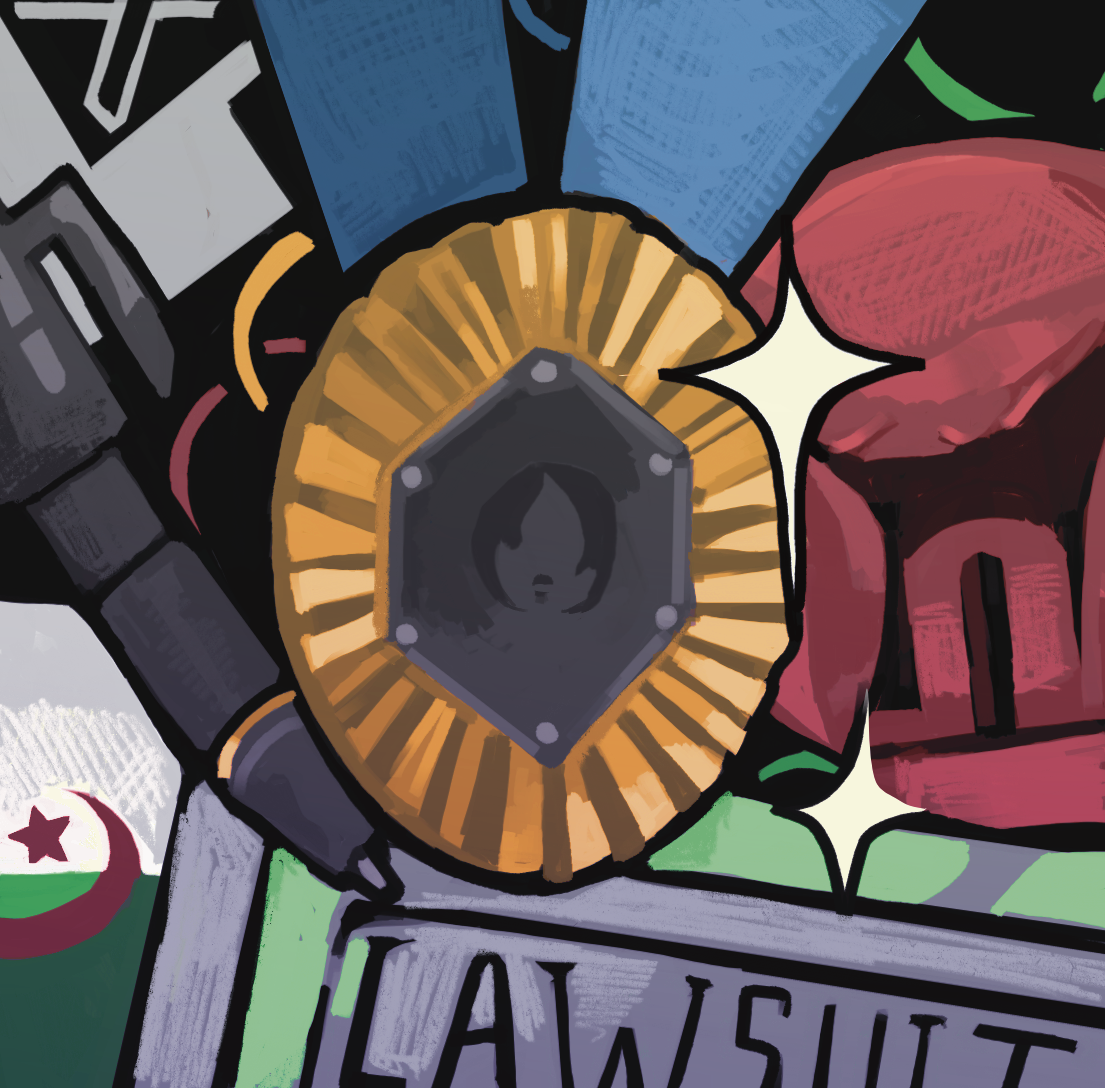Recent campus events underscore importance of knowing where to find support
Recent events concerning the Jacob Anderson case and allegations of Chartwells mistreating its employees may leave some of us questioning where to turn in a crisis.
For those involved, circumstances were overwhelming, even frightening. For those of us looking on, the impact is nonetheless upsetting. What if it was our friend who was living paycheck to paycheck and said he was promised better pay in exchange for longer hours —who worked those longer hours, but never received more pay? What if it was our sister who said she received illicit texts from a manager but was afraid to speak up and lose her job? What if it was our roommate who said she was the victim of sexual harassment — even sexual violence?
In troubling situations such as these, it’s crucial to know what help is available and where to find it. UTD provides numerous resources to its students and employees — people ready to answer questions, mechanisms to report incidents and labor and Title IX laws that protect people who report those incidents. Speaking up for yourself and your friends doesn’t just benefit the people involved — it helps prevent history from repeating itself.
The Employee Relations webpage from UTD Human Resources provides employees with services including training, consultation with staff, employee rights and conflict and complaint resolution.
Human Resources does not directly administer the grievance process, but staff members at Employee Relations can offer guidance throughout the procedure and advice on how to approach a resolution. In other words, if you’re uneasy about a situation at your UTD workplace, they’re just an email or phone call away.
Some student workers employed by Chartwells said they were afraid to come forward with their stories out of a fear of harassment or losing their jobs. However, in cases such as these, confidentiality and whistleblower policies can offer protection. Don’t be afraid to come forward.
According to a report from the Economic Policy Institute in 2017, 2.4 million workers in the 10 most populous U.S. states lose $8 billion every year — an average of $3,300 per year for year-round workers — because of minimum wage violations. According to the same report, minimum wage violations affect 17 percent of low-wage workers. For international students working on campus, who are all unable to seek employment off-campus, these statistics are startling and make it all the more important to be aware of what to do in cases of wage violations.
If you or a friend are working or plan on working on campus, reading through labor laws and UTD’s complaint policies should be part of your preparation for the job. In case of a dispute such as withheld wages, unsanitary workplace conditions or unionization within the workplace, being mindful of procedures in advance will allow you to react quickly.
How do you know if something is worth bringing up? Why bother someone with nothing? Perhaps someone you know pressures you repeatedly to date them, touch them or look at suggestive material, even when you say no?
If you’re unsure in the first place, trust your intuition. Never let fear or a lack of evidence stop you from seeking out advice on how to proceed with an uncomfortable situation — whether at work or in your private life. Telling someone about harmful or potentially harmful circumstances is vital. It’s far better to be vocal and aware than silent and unsure.
Another factor that may make people apprehensive about coming forward is potential embarrassment. What if people find out about a situation and spread unwanted rumors? While certain individuals, called Responsible Employees — which include faculty, administrators and others — are required to report incidents of sexual misconduct to a the university’s Title IX coordinator, there are exceptions to maintain confidentiality. These include counselors at the Student Counseling Center and the Galerstein Gender Center, who can be allowed to contact the Title IX coordinator at your discretion. Additionally, some online reporting forms allow anonymity.
Perhaps the most potent factor that may prevent people from coming forward is fear of retaliation. What if the people involved are violent or vindictive? Find a resource whom you trust and who can maintain confidentiality. Fear of retaliation may be a sign that your circumstances warrant urgent attention. If you’re on campus, call UTD police or the UTD TALK hotline. Get in touch with a counselor as soon as possible. They have the resources and knowledge to advise you on how to proceed.
Preventing workplace misconduct or sexual harassment begins at an individual level. Treating our colleagues, superiors and employees with respect and exercising propriety in our interactions is a priority. But just as importantly, we need to familiarize ourselves with our rights and avenues of action that allow us to take a step ahead of a serious situation. Know where to turn, and face the crisis head on.











